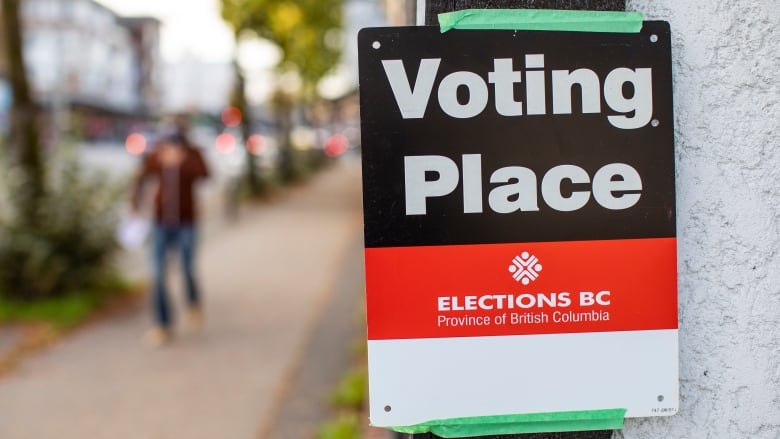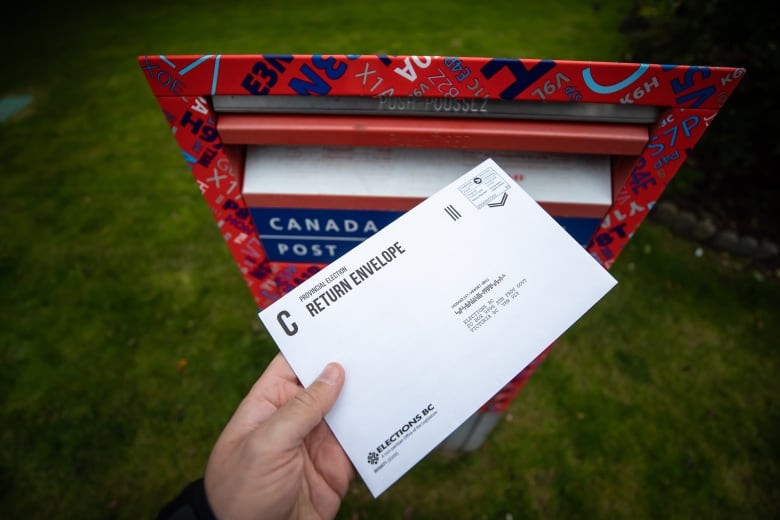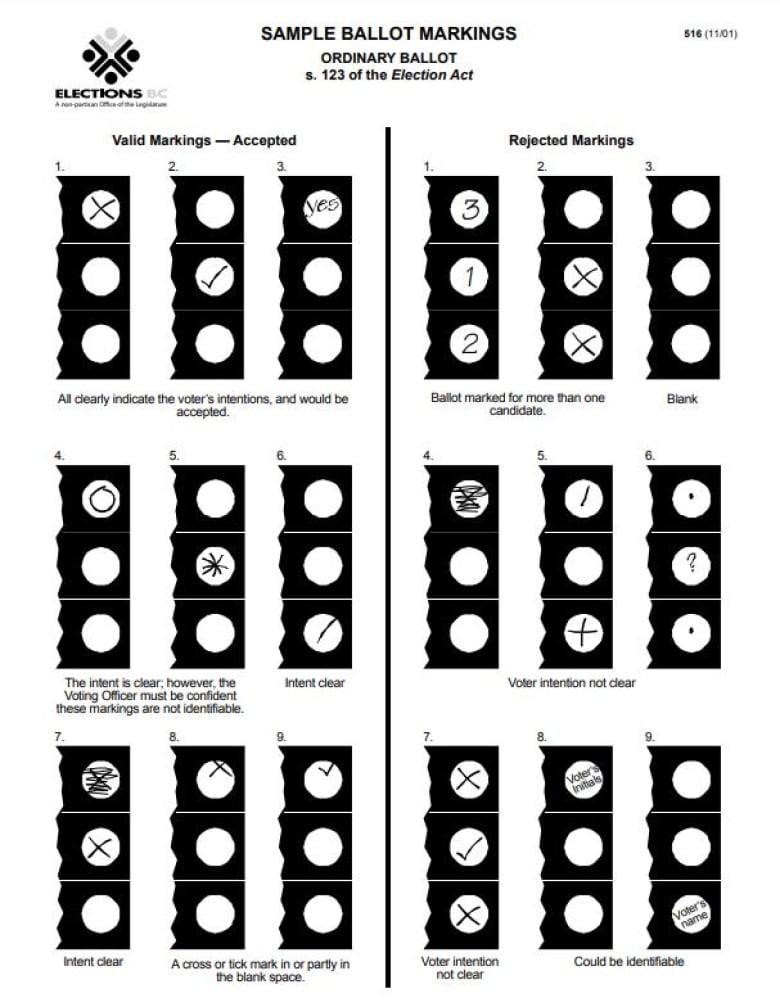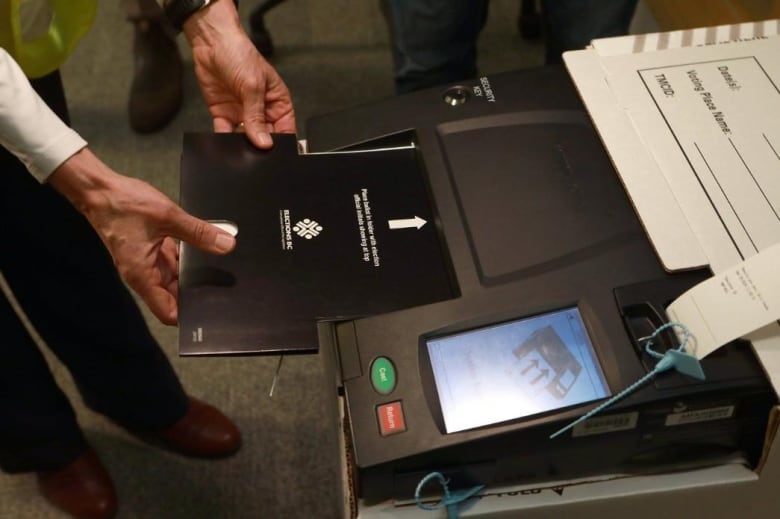How to vote in B.C.'s 2024 provincial election
Voter registration, how to learn about your local candidates and more

British Columbians will head to the polls this month to place their vote for a local representative at the provincial level.
For some, it may be their first time voting in an election. Others may be voting for the first time in B.C.
Whether you're new to voting or not, we've compiled some helpful tools to ensure you're prepared to submit your ballot.
Am I registered to vote?
You are eligible to vote in B.C. if you are a Canadian citizen, over18 years of age as of Oct. 19, 2024, and a resident of B.C. since April 18, 2024.
By now, most voters should have received a letter in the mail from Elections B.C.confirming the voters registered at theiraddress. If you were on the list, you're all set. If not, you'll have to register.
That said, not everyone has a home address. According to Elections B.C., there are workarounds. Those who are currently homeless can use the address of a shelter or somewhere that provides social services. People living on anchored boats should use the marina's address, and people who are travelling and don't have a permanent address can register at a temporary address.
You can register or update your voter information at theElections B.C. office,online, bymail or faxor by phone at 1-800-661-8683.
You will need either your B.C. driver's licence number, your B.C. ID card number, the last six digits of your social insurance number or the last six digits of your personal health number.
Online and telephone voter registration closes on Monday, Oct. 7.
How do I know who to vote for?
A list of registered political parties can be foundhere. Most have websites or social media pages where they share information about their policies, as well as a list of candidates.
You will be voting for a candidate in your electoral district, also known as a riding. You don't vote for a party or the party leader.
New ridings have been created and others have had their boundaries changedsince the last provincial election. Electoral district maps for the 2024 election are availablehere, and you cango hereto figure out which riding you're in.
CBC Newswill share more information about what political parties and individuals are promisingin advance of voting dayhere.
Alive debatebetween the three major party leaders is also slated for Oct. 8. CBC will carry the debate live on TV, CBC Radio One,YouTube,TikTok, CBC Gem andCBC News B.C.,the 24/7 streaming channel.
When is election day?
British Columbiansare scheduled to head to the polls onOct. 19. However, advance voting is slatedforOct. 10-13, 15 and 16.
Where do I go?
For those voting in person, multiple voting stations will be set up in each riding. Those planning to participate in advance voting can checkthis list of voting stations.Anyone who wants to vote on election day can choose the most convenient voting station onthis list.
You can also vote by mail. You canrequesta mail-in voting packagehere. Elections B.C. has to receive your vote-by-mail package by 8 p.m. PT on Oct. 19 for your vote to be counted.

Do I need to bring anything?
You'll need to prove who you are when you vote.
You can bring one piece of the following types of ID: B.C. driver's licence, B.C. identification card, B.C. Services card, a certificate of Indian Status or another card issuedby the B.C. government or Canada that shows your name, photo and address.
If you don't have one of those, you can bring two pieces of ID that show your name, and at least one of them has to have your address on it. This can include a passport, citizenship certificate, birth certificate, income tax statement, a government cheque or one of the many options listed here.
If you don't have any of those, someone else can vouch for you. That person has to be a registered voter in your riding. They can also be a spouse, parent, grandparent, adult child, adult grandchild or adult sibling, or someonewith the authority to make personal care decisions for you.
How do I mark my ballot?
Once you're signed in at your voting station, you will be given your ballot. Valid markings clearly indicate the individual you intend to vote for.
Elections B.C. has created this sample ballot that shows what is valid and what would be rejected.

Your ballot will be fed into an electronic counter, which should help identify whether your ballot can't be read.

Now what?
Once you've placed your vote, you can await the results of the election.CBCNews will be covering the election resultslive on TV, CBC Radio One, cbc.ca/bc andour 24/7 streaming channel.












_(720p).jpg)


 OFFICIAL HD MUSIC VIDEO.jpg)
.jpg)



























































































